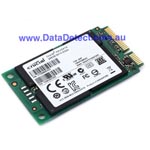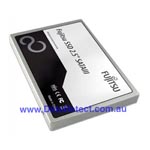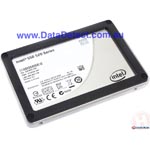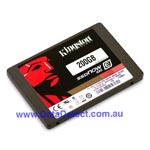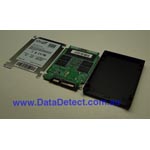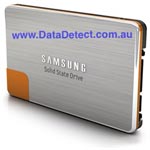Data Recovery on SSD (Solid State Drives)
Data Detect is your best chance of success for recovering data from your failed Solid State Drive.
Solid State Drives are memory devices that store computer data in non-volatile memory components and contain no movable parts.
The technology is still in its infancy with many vendors using their own proprietary software to store data on memory components located on a printed circuit board.
The cost per gigabyte to store data on these devices is still more expensive than the conventional mechanical method of storing data. Seagate and Western Digital control the hard disk storage market by miles (although they are developing their own technology and or acquiring established SSD manufacturers) and until other vendor manufacturers reduce the cost per gigabyte, hard disk drives will still dominate the data storage device of choice for many years to come.
SSD’s are very different to hard disk drives (HDD’s) as HDD’s use magnetically coated rotating platters to hold data. Compared to hard drives, SSD’s are typically less prone to physical damage and are far more resilient. It does not mean they are indestructible on the contrary they are prone to component failure. SSD’s still fail at rates similar to HDD’s but in different ways.
Data Loss on SSD’s
Loss of data on SSD’s can be due to a variety of reasons and SSD failures include:
– Damage to the drive’s firmware zone
– The device is no longer recognised
– Electronic failure
– Physical damage
– Service Area corruption
– Damaged controller components
– Logical data corruption
– Accidental deletion of files and folders
We have the highest customer satisfaction rating in Australia.
To start the SSD Data Recovery process
Call 1300 278 995 for immediate assistance.
We will advise you on what to do, provide you with indicative pricing and guide you through the recovery process, OR simply complete the online quote request.

